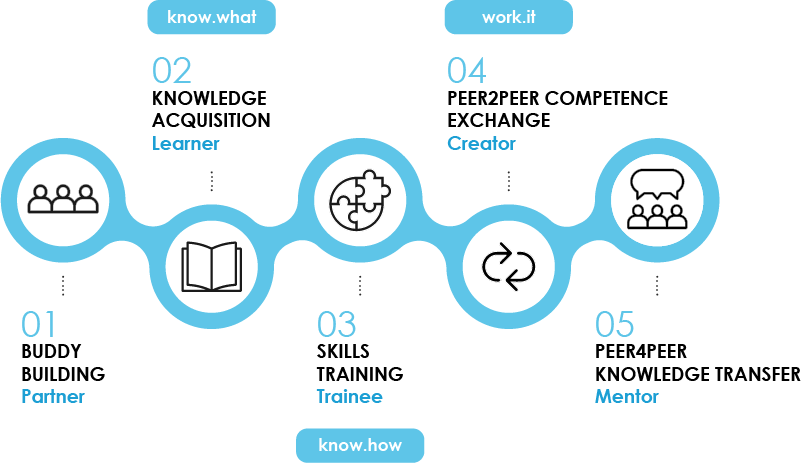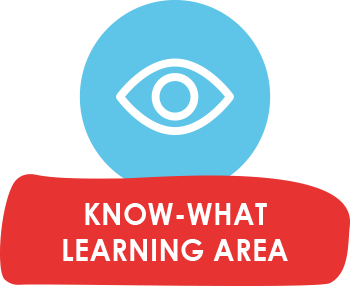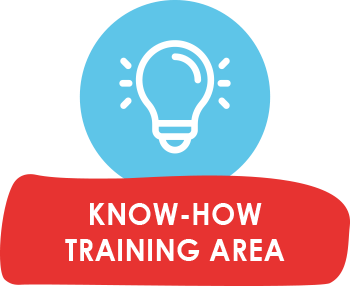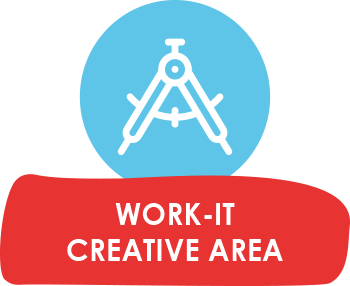The pedagogic concept of learning and applying the learned for its consolidation is not new. However, in practice students are still under-trained and -skilled when it comes to switching roles in the educational scenario. A transformation from learner to mentor implies thus to convey concepts in their own language and codes to their peers and – most important – to enrich the learning contents with own socio-cultural experiences, which actually represents the real added value. Questioning the traditional role patterns of student and teachers stands thus in the centre of this project that points to the full potential of the contemporary highly diversified learner community.

The learning path starts with the formation of buddy couples by the teacher or trainer according to pre-set criteria. Educators may consider different matching schemes, but important for the coupling is that both learners have different competence backgrounds which may provide for potential synergies.
Our buddy couple starts at the first station of the learning path, the know-what area, that is dedicated to the theoretical knowledge acquisition and proposes traditional learning contents.
Then they proceed to the know-how area, that trains our buddy couple on rather practical contents related to explaining concepts and thus transmitting competences to others. These micro tutorials will thus focus on how to prepare a brief lecture on a certain topic that the buddy couple has learned beforehand in the know-what area in form of a video pill, an oral presentation or an interactive exercise, just to name a few options.
Finally, our buddies conclude the path with the implementation of what they have learned so far and become creators of their own learning contents, which they present to their peers, contributing thus actively to their overall learning process.
Learning method implementation in online and offline settings
Learning inputs of the know.what and know.how areas will be provided in a digital learning platform and a handbook to guarantee a wide access to the diverse target group members. Materials are translated in several languages, according to the main ethnic linguistic groups of migrant children.

Traditional and interactive learning contents (diversified according to target learning needs and objectives) related to the 8 LLL key competences

Interactive learning tutorials (diversified according to target learning needs and objectives) related to the (co)creation of own learning contents

Depository of own (co)created learning contents (videos, tutorials, learning pills, documents, etc.)
Along the lines of the continuous learning path according to the «from-theory-to-practice» principle for our student learners, their educators (teachers, trainers) follow the same trail but with different contents. Target group 2 will be thus trained on collaborative learning processes and intercultural dialogue in educational settings. Whereas the know-what section conveys rather theoretical concepts, the second area will train the educators on how to guide collaborative learning processes, in particular on how to couple buddy pairs, how to assess their performances and how to mediate between the learners towards the expected outcomes. The participating educators have then the opportunity to design learning units in the work-it section that include the student-created contents.
What’s in for whom?

(Theoretical) knowledge transmission on LLL key competences
Knowledge transmission on concepts related to collaborative learning & intercultural dialogue

Know-how transmission on production of own learning contents
Know-how transmission on generation and guiding of collaborative learning processes

TG1 ('creators'), ISCED 2-3: creation of learning contents TG1 ('users'), ISCED 1-2-3: testing of learning contents
Production of feedback on KIDS4ALLL method and materials and implementation of created learning contents
The project envisages to dedicate approximately one and a half year to the pedagogic and technical preparation of the learning method. The following 9-month pilot phase represents the core of the KIDS4ALLL initiative and will be implemented with an estimated total of 1000 pilot participants (TG1 and TG2) in non-/in-formal learning contexts in nine locations inside and outside Europe:
